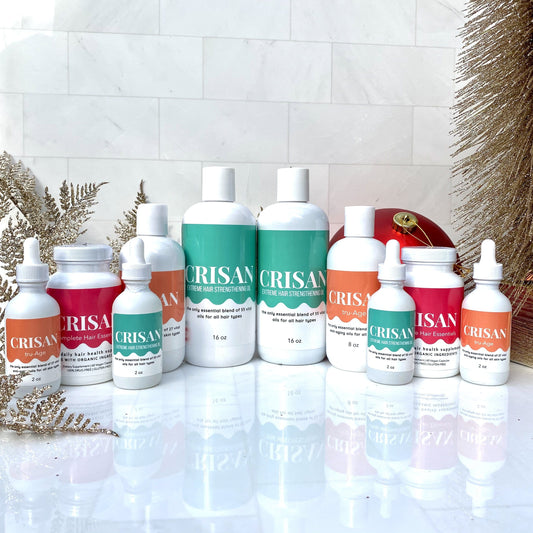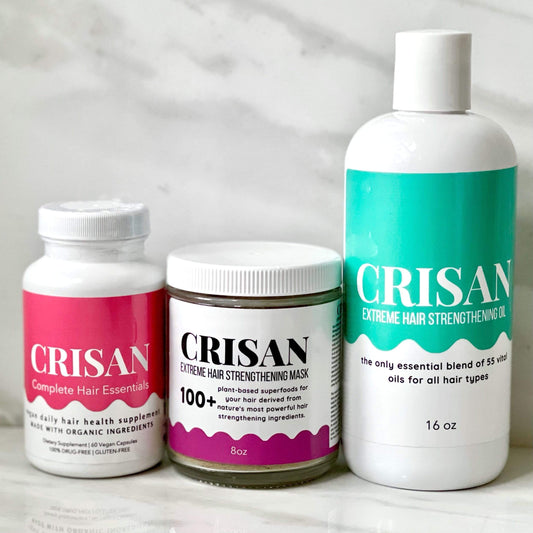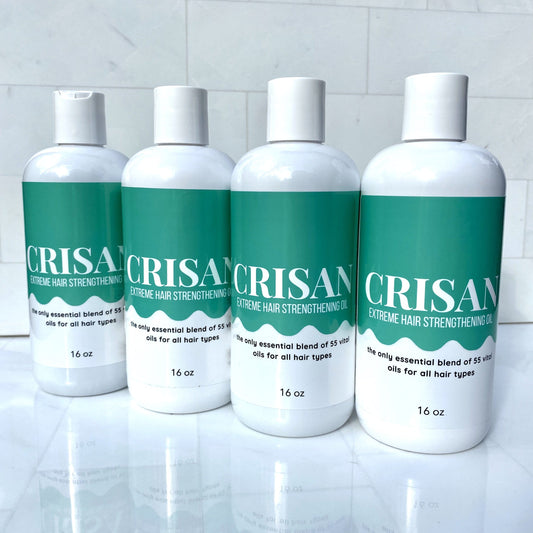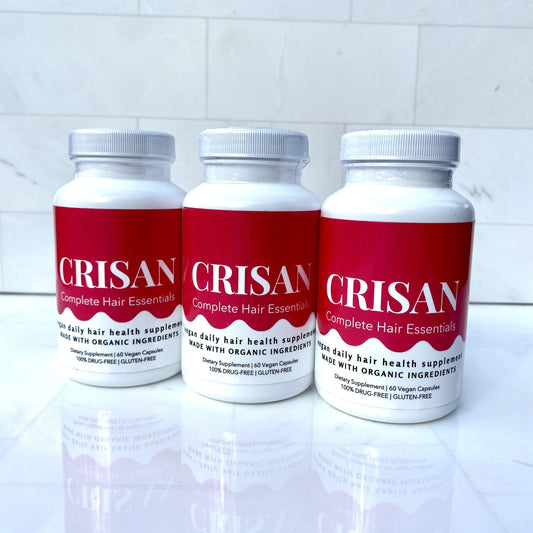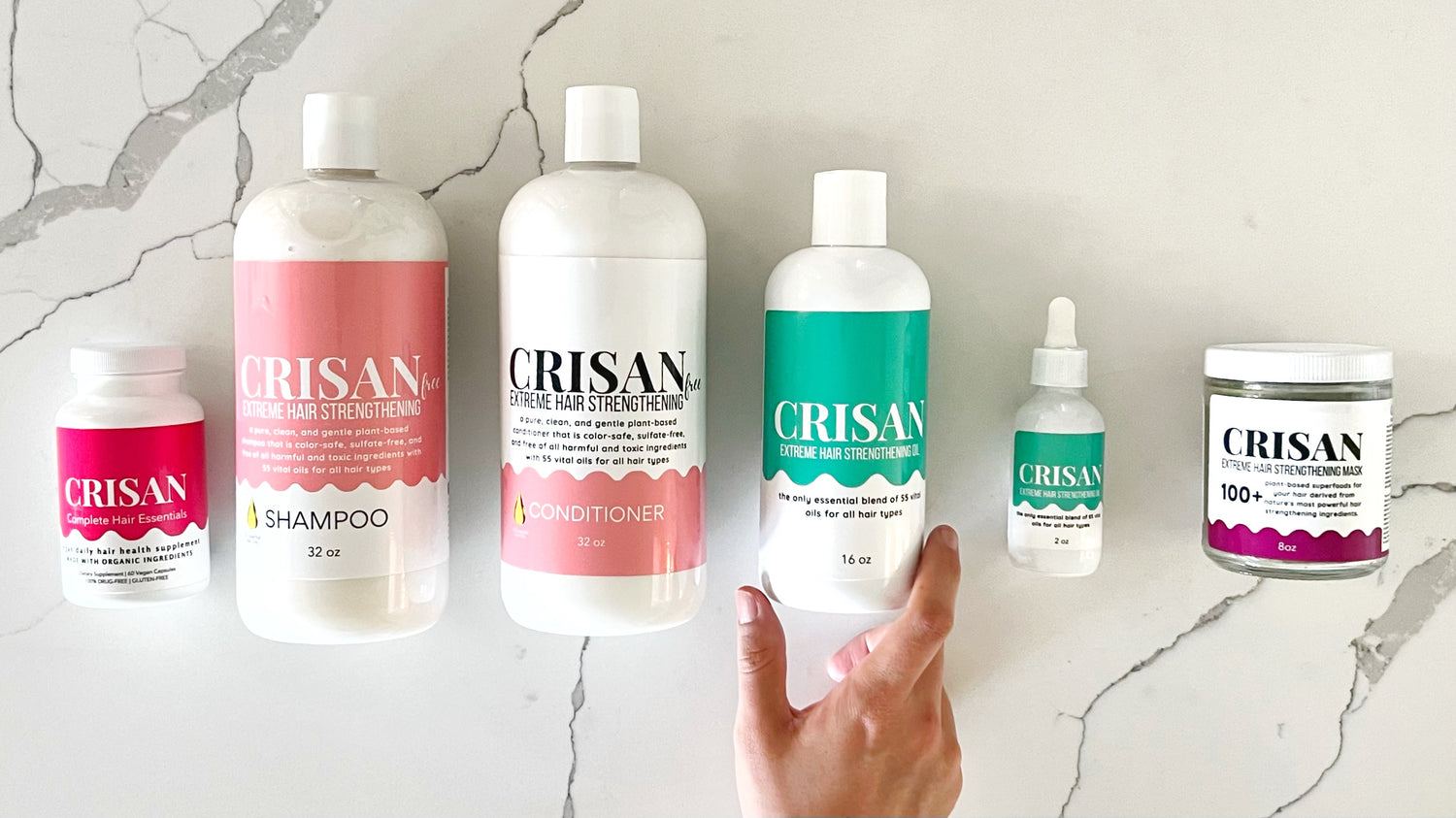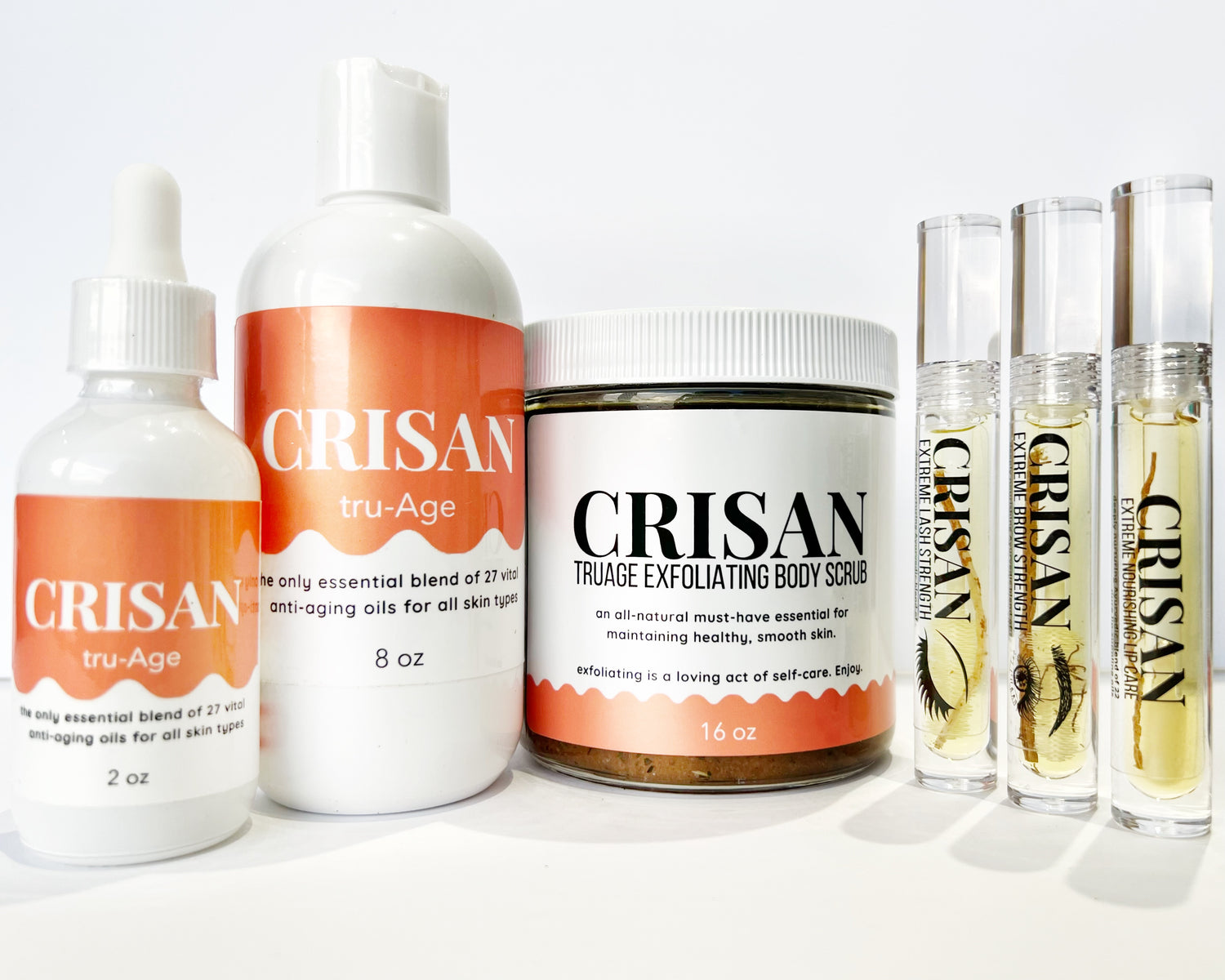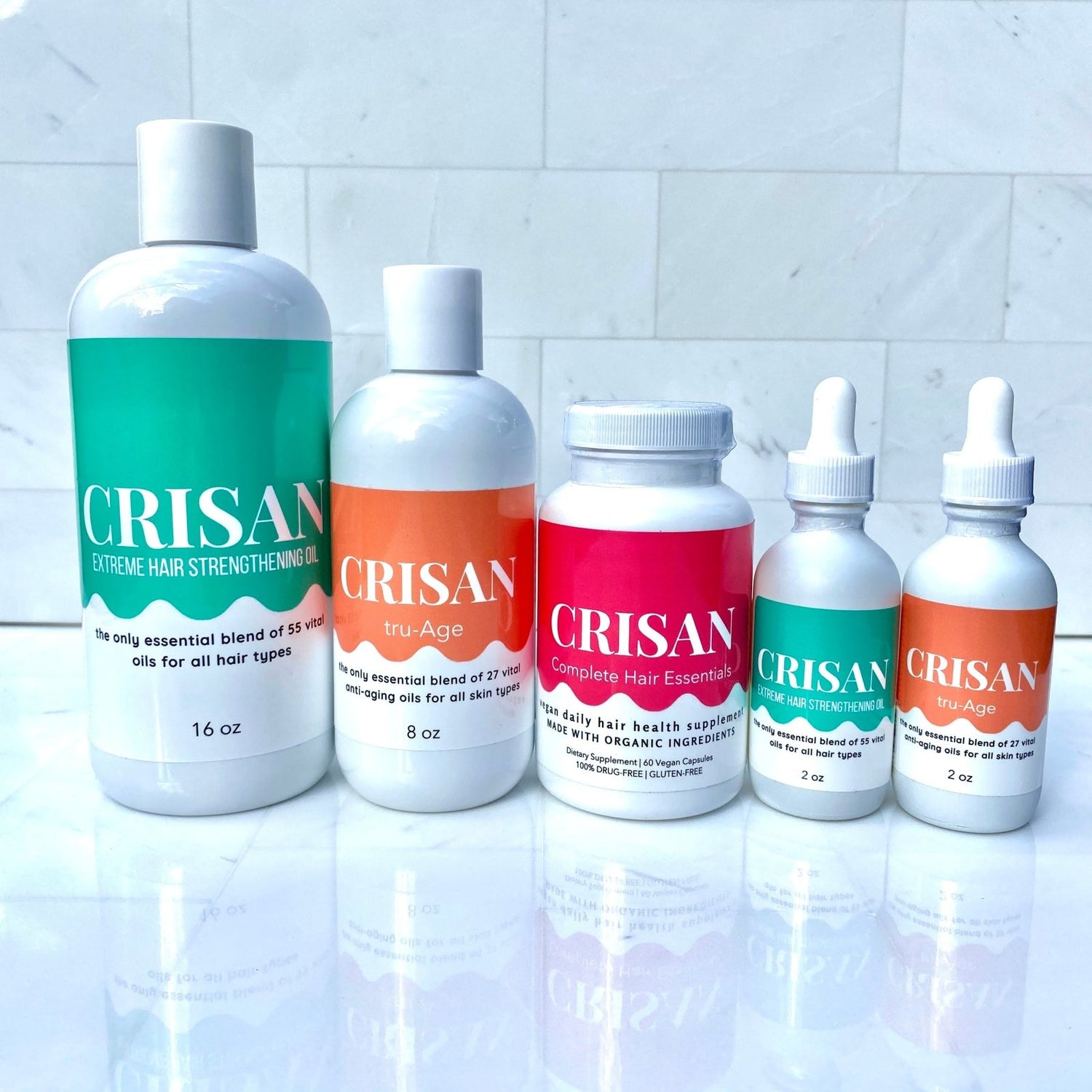In recent years, organic oils have gained immense popularity as natural remedies for promoting hair growth. These oils are packed with essential nutrients that nourish the scalp and hair, offering a holistic approach to hair care. This article delves into some of the best organic oils for hair growth, their benefits, and how to use them effectively.
Key Takeaways
- Organic oils are rich in nutrients that nourish the scalp and promote hair growth.
- Coconut oil is highly effective due to its fatty acids, vitamins, and minerals.
- Castor oil is known for its ability to strengthen hair and address scalp issues.
- Olive oil acts as a natural conditioner and is rich in antioxidants and vitamin E.
- Proper application techniques, like scalp massages and leave-in treatments, enhance the benefits of these oils.
Understanding the Benefits of Organic Oils for Hair Growth
Organic oils offer a holistic approach to hair care, promoting faster hair regrowth without any side effects. These oils penetrate the hair shaft, helping to lock in hydration and leaving hair softer and more resilient. They can also be used as leave-in conditioners, making hair more manageable and easier to detangle.
Nutrient-Rich Properties
Organic oils are packed with essential nutrients that nourish the hair and scalp. Vitamins, minerals, and fatty acids found in these oils contribute to healthier hair growth. For instance, oils like coconut and olive oil are rich in vitamin E and oleic acid, which are great for hair health.
Scalp Health Improvement
Maintaining a healthy scalp is crucial for hair growth. Organic oils help alleviate various scalp conditions, such as dryness and flakiness. They also improve blood circulation to the scalp, which can stimulate hair follicles and promote growth.
Hydration and Moisture Retention
One of the key benefits of organic oils is their ability to retain moisture. By locking in hydration, these oils prevent hair from becoming dry and brittle. This is particularly beneficial for those with dry and flaky scalps, as it helps maintain the hair's natural moisture balance.
Using organic oils for hair care not only enhances hair growth but also improves overall hair health, making it stronger and more resilient.
Coconut Oil: A Staple for Hair Nourishment
Nutritional Profile of Coconut Oil
Coconut oil is renowned for its rich composition of fatty acids, vitamins, and minerals. Lauric acid, a key component, offers antimicrobial and anti-inflammatory properties, which can promote healthy hair strands. Additionally, its low molecular weight allows it to penetrate the hair shaft effectively, reducing protein loss and enhancing moisture retention.
How to Use Coconut Oil for Hair Growth
To maximize the benefits of coconut oil, warm a small cup of the oil on low flame and add 10 curry leaves until they crackle. Let the mixture cool until it's slightly warm before applying it to your scalp and hair. This method helps in nourishing the scalp and improving overall hair health.
Benefits of Cold-Pressed Coconut Oil
Cold-pressed coconut oil is highly recommended for hair care as it is free from additives and retains more nutrients. It provides enhanced protection against hygral fatigue damage, making your hair softer, shinier, and more resilient. Uncle Harry's herbal coconut oil for hair is a natural, moisturizing serum that keeps hair shiny and strong.
For best results, use coconut oil as a prewash treatment to reduce protein loss and improve moisture retention.
Castor Oil: The Powerhouse for Hair Strength
Why Castor Oil is Effective
Castor oil is renowned for its extreme hair strengthening properties. Packed with fatty acids, it moisturizes the scalp and enhances blood circulation when massaged in. This can help in reviving hair on brows and lashes, making it a versatile choice for overall hair health. Additionally, castor oil is rich in vitamin E, minerals, and protein, which contribute to its effectiveness in promoting faster and thicker hair growth.
Application Tips for Castor Oil
Given its thick consistency, it's advisable to mix castor oil with a carrier oil like jojoba, coconut, or grapeseed oil. Here's a simple application method:
- Section your hair.
- Mix castor oil with a carrier oil in a bowl.
- Massage the oil mixture onto your scalp with gentle pressure to stimulate blood flow.
- Leave the oil on your scalp for up to an hour.
- Shampoo it out using a sulfate-free shampoo. If your hair still feels greasy, shampoo it again and condition as usual.
Addressing Dry and Flaky Scalp
Castor oil is particularly beneficial for those with extremely dry and brittle hair. Its moisturizing properties help in reducing scalp inflammations, thanks to the presence of ricinoleic acid. This makes it an excellent choice for addressing a dry and flaky scalp, ensuring your hair remains healthy and hydrated.
For best results, consider using castor oil as part of a regular hair care routine. Its nutrient-rich composition can significantly improve hair strength and overall scalp health.
Olive Oil: The Antioxidant-Rich Conditioner
Nutritional Benefits of Olive Oil
Olive oil is renowned for its exceptional conditioning properties, thanks to its high levels of monounsaturated fats. These fats allow the oil to penetrate deeply into the hair shaft, providing intense moisture and nourishment. Rich in vitamin E and oleic acid, olive oil supports hair growth and overall hair health. It is particularly beneficial for those with a dry and flaky scalp, offering relief and hydration.
Using Olive Oil for Hair Growth
To maximize the benefits of olive oil for hair growth, it is essential to use it correctly. Here are some tips:
- Warm a small amount of olive oil to enhance its penetration into the hair shaft.
- Apply the oil to your scalp and hair, focusing on the ends to prevent split ends.
- Massage gently to stimulate blood circulation and promote hair growth.
- Leave the oil in for at least 30 minutes, or overnight for deeper conditioning.
- Rinse thoroughly with a mild shampoo to avoid an oily residue.
Scientific Studies Supporting Olive Oil
Scientific research has highlighted the benefits of olive oil for hair growth. A study from the Department of Food and Nutrition at Yonsei University in South Korea found that olive-derived ingredients promote anagenic hair growth. This phase is crucial for hair development, making olive oil a valuable addition to your hair care routine. Additionally, the natural body heat helps olive oil penetrate deeper into the hair shaft, leaving a thin protective layer on the outside.
Olive oil's ability to deeply condition and nourish the hair makes it an excellent choice for those seeking to improve their hair health and growth.
How to Apply Organic Oils for Maximum Hair Growth
The best approach to promoting hair growth with organic oils involves a holistic method that focuses on nourishing the scalp and hair follicles. By incorporating scalp massage techniques, leave-in treatments, and combining oils for enhanced benefits, you can optimize the effectiveness of organic oils for hair growth. These methods not only stimulate hair growth but also improve scalp health and promote hydration for stronger, more resilient hair strands. Additionally, using organic oils as leave-in treatments can make hair more manageable and easier to detangle, enhancing overall hair health and appearance.
Choosing the Right Organic Oil for Your Hair Type
Selecting the appropriate organic oil for your hair type is crucial for achieving optimal results. Understanding your hair's unique needs can help you make an informed decision and avoid common pitfalls.
Identifying Your Hair Needs
Different hair types have distinct requirements. For instance, individuals with fine or thin hair may benefit more from lightweight oils that won't weigh their hair down. On the other hand, those with thick or curly hair might need heavier oils to provide adequate moisture and control.
Matching Oils to Hair Types
Here's a quick guide to help you match the right oil to your hair type:
- Fine or Thin Hair: Opt for lighter oils like grapeseed oil or jojoba oil.
- Thick or Curly Hair: Heavier oils such as coconut oil or castor oil are ideal.
- Dry or Damaged Hair: Argan oil and olive oil can provide the necessary hydration and repair.
- Oily Scalp: Tea tree oil can help balance oil production and maintain scalp health.
Avoiding Common Mistakes
When choosing an organic oil, it's essential to avoid common mistakes such as over-application or selecting an oil that doesn't suit your hair type. Always start with a small amount and gradually increase as needed. Additionally, consider how to choose organic shampoo for thinning hair to complement your oil treatment.
Remember, there's no one-size-fits-all solution. It's about finding what works best for your unique hair type and needs.
Choosing the right organic oil for your hair type can make a world of difference in your hair care routine. Whether you have dry, oily, or normal hair, our extensive collection of organic oils is designed to meet your specific needs. Visit our website to explore our range of products and find the perfect match for your hair type.
Conclusion
In conclusion, the journey to healthier, fuller hair can be significantly enhanced by incorporating the right organic oils into your hair care routine. From the deeply nourishing properties of coconut oil to the antioxidant-rich benefits of olive oil, each natural oil offers unique advantages that cater to various hair and scalp needs. By understanding the specific benefits and proper application methods of these oils, you can create a personalized regimen that promotes hair growth and overall scalp health. Remember, consistency and patience are key, and with the compassionate guidance provided in this article, you're well on your way to achieving the luscious locks you desire.
Frequently Asked Questions
What are the best natural oils for hair growth?
The best natural oils for hair growth include coconut oil, castor oil, and olive oil. These oils are rich in nutrients that nourish the scalp and hair, promote hydration, and improve overall hair health.
How do I apply natural oils for hair growth?
To apply natural oils for hair growth, you can use scalp massage techniques, leave-in treatments, or combine different oils for enhanced benefits. It's important to massage the oil into your scalp to stimulate blood circulation and promote hair growth.
What is the difference between carrier and essential hair oils?
Carrier oils, such as coconut oil and olive oil, are used to dilute essential oils and can be applied directly to the scalp and hair. Essential oils, like rosemary or lavender oil, are more concentrated and should be mixed with carrier oils before application.
Why are natural oils used for hair growth?
Natural oils are used for hair growth because they contain essential nutrients, vitamins, and fatty acids that nourish the scalp and hair follicles. They also help in retaining moisture, reducing dryness, and improving scalp health, which in turn promotes hair growth.
Can I use multiple oils together for better results?
Yes, you can combine different natural oils to enhance their benefits. For example, mixing coconut oil with castor oil can provide both nourishment and strength to your hair. However, it's important to understand your hair type and needs before combining oils.
How often should I apply natural oils to my hair?
The frequency of applying natural oils depends on your hair type and needs. Generally, applying oil 1-2 times a week is sufficient for most people. Over-oiling can lead to a greasy scalp, so it's important to find a balance that works for you.


